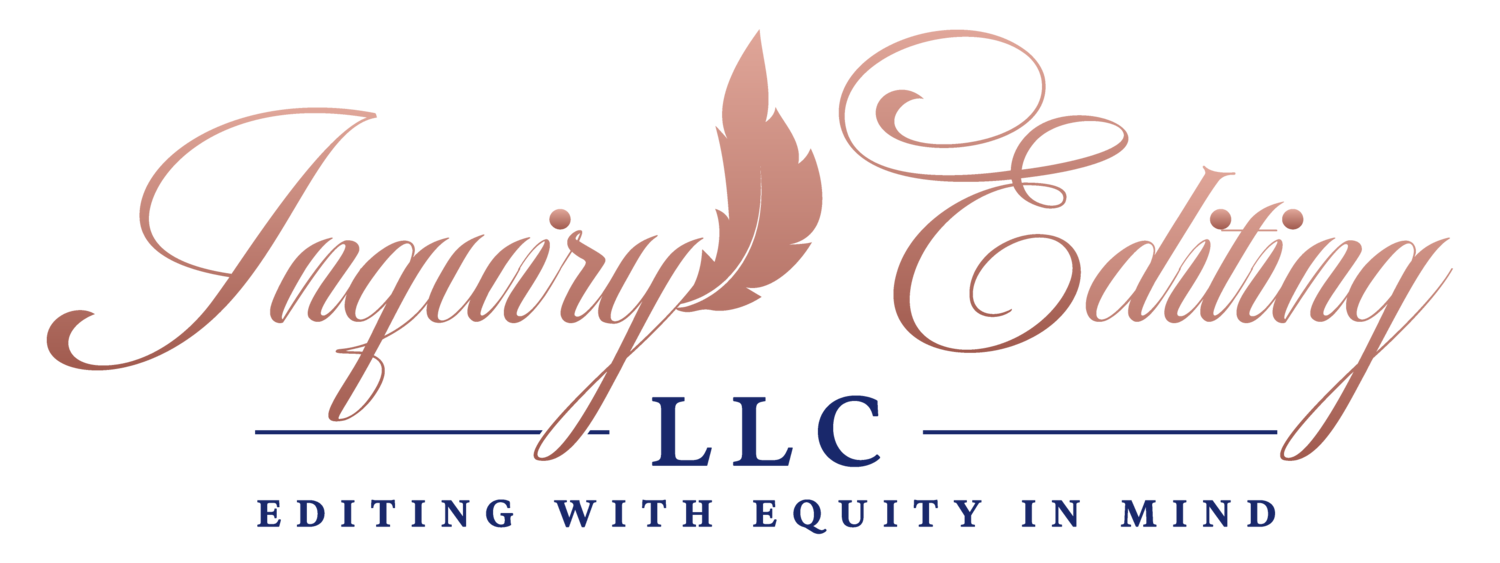What I Learned at Adult Poetry Camp
h/t to Major Jackson for the title inspo.
This summer, I went to Community of Writers in Olympic Valley, CA. It was my third time attending (2017, 2020, 2024). Recommended to me by Evie Shockley, Community of Writers is the most affirming and care space for poets I’ve ever had the privilege of being in.
Each day you write a new poem and the next day (or later on that day if you were up at 2 am) you workshop that poem with other poets anxiously sharing new work. The rule for workshop is that you focus on what you like and what you notice. Since the poems are in their infancy (Brenda Hillman affectionately calls them blobs), they can’t withstand much else. Each time I am in the Valley, I am astounded by all that people are experimenting with, holding in their minds, and working out on the page. Each afternoon, the staff poets do a craft talk, which many of us use to shape or think about our writing process. On Wednesdays, there is a baseball game and a picnic. On Friday, the staff poets do a benefit reading. On Saturday, we recite poems from memory. In 2020, I did Suheir Hammad’s “mic check” and this year I recited “Invictus” by William Ernest Henley.
After our time there, poets try to capture “the spirit of the Valley” by forming clusters of groups or writing pals. We sometimes keep to the rule of the Valley, sometimes not. Often, there is enough good will generated by the time in the Valley and the poems are not quite so new, so criticism and questions are easier. There are a few principles I’ve learned from my time there. I’d like to share.
First, observation and compliments are quite powerful tools for revision. As a scholar, I read literature to figure out how it is working. I am closer to a diagnostician than a critic. (I had to take a quick glance at my CV to see if this bears out. I think it does.) Critique is useful, but it is not the only way to understand how one might want to revise. When I received praise on my poems, I knew how and why something clicked for someone. It helped me duplicate that deliberately. When I received observational comments, it helped mt recognize my writing ticks, my obsessions (useful for a poet), and what might be getting in my way.
Second, craft talks position you to think alongside others. In the heat of the Valley, we listened to Blas Falconer think through “the turn” in poems. For the rest of that week, each workshop had at least three comments about someone’s turn. The professor in me couldn’t help but marvel at the way willing students absorbed information, how I as someone who teaches about turns had gained another framework for thinking about my own work. The magic of the craft talk is that this energy happened each day. While I can’t necessarily duplicate the craft talks of the Valley on my own, I can listen to podcasts, and read craft essays. They help me remember what Kiese Laymon has said so aptly: “we’re not good enough to not practice.”
Third (not finally), I love a prompt. When I re-started poetry in earnest, I knew poetry was calling me. But, after writing a few notes or exploring a few ideas, I was hard-pressed to keep pulling from the well of my own observation and experience. Life felt quite dry at the time and when it wasn’t dry, it felt too heavy to parse just yet. So, I turned to prompts. Craft talks provide some prompts, but you know what else does? Other writers. At Kenyon, Carl Phillips is known for his outrageously specific prompts, the rules for which he culls from formal techniques and ideas in other poems. It would not be unusual – say, after reading Cynthia Dewi-Oka’s A Tinderbox in Three Acts – to create poems out of plays, or ones that deliberately followed sound as a propelling mechanism, or unpacked a difficult moment in history (putting it mildly).
These rules are prompted by my experience with poetry, but they aren’t constrained to that experience. I’ve been using these rules – especially the one about prompts – to help me forward a different project of creative non-fiction.
What principle might you explore for your own writing?
